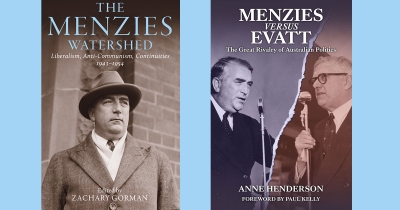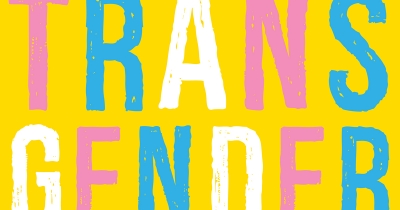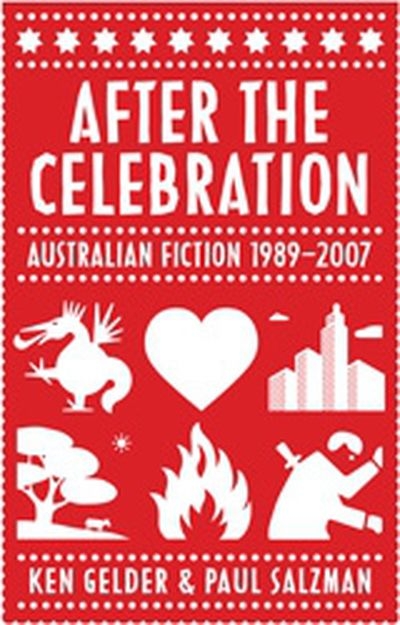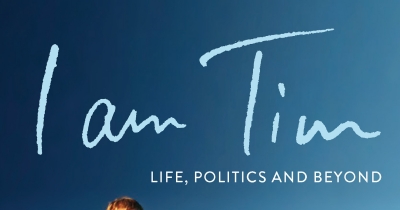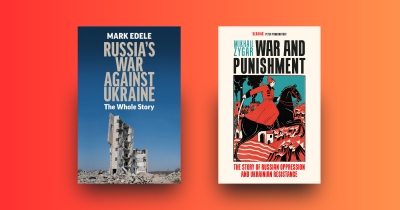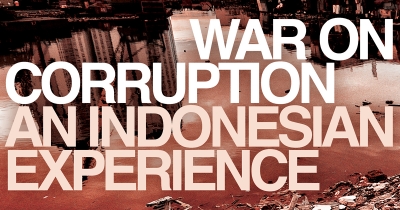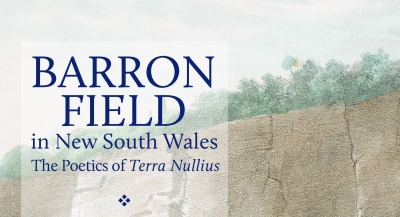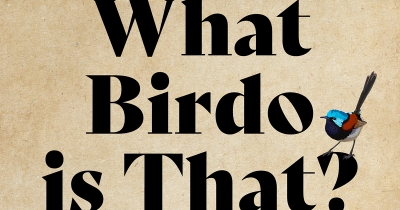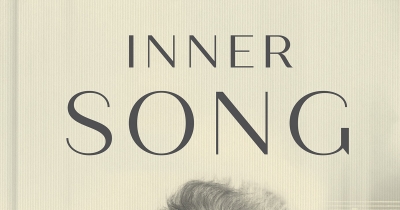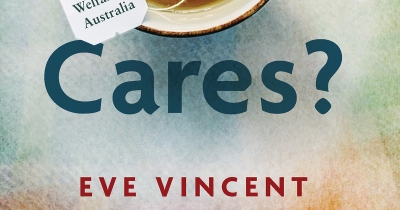Melbourne University Press
The Menzies Watershed edited by Zachary Gorman & Menzies versus Evatt by Anne Henderson
by Patrick Mullins •
After the Celebration: Australian Fiction 1989–2007 by Ken Gelder and Paul Salzman
by Peter Pierce •
War and Punishment by Mikhail Zygar & Russia's War Against Ukraine by Mark Edele
by Nick Hordern •
War on Corruption: An Indonesian experience by Todung Mulya Lubis
by Howard Dick •
Barron Field in New South Wales: The poetics of Terra Nullius by Justin Clemens and Thomas H. Ford
by Philip Mead •
What Birdo is That?: A field guide to bird people by Libby Robin
by Peter Menkhorst •

